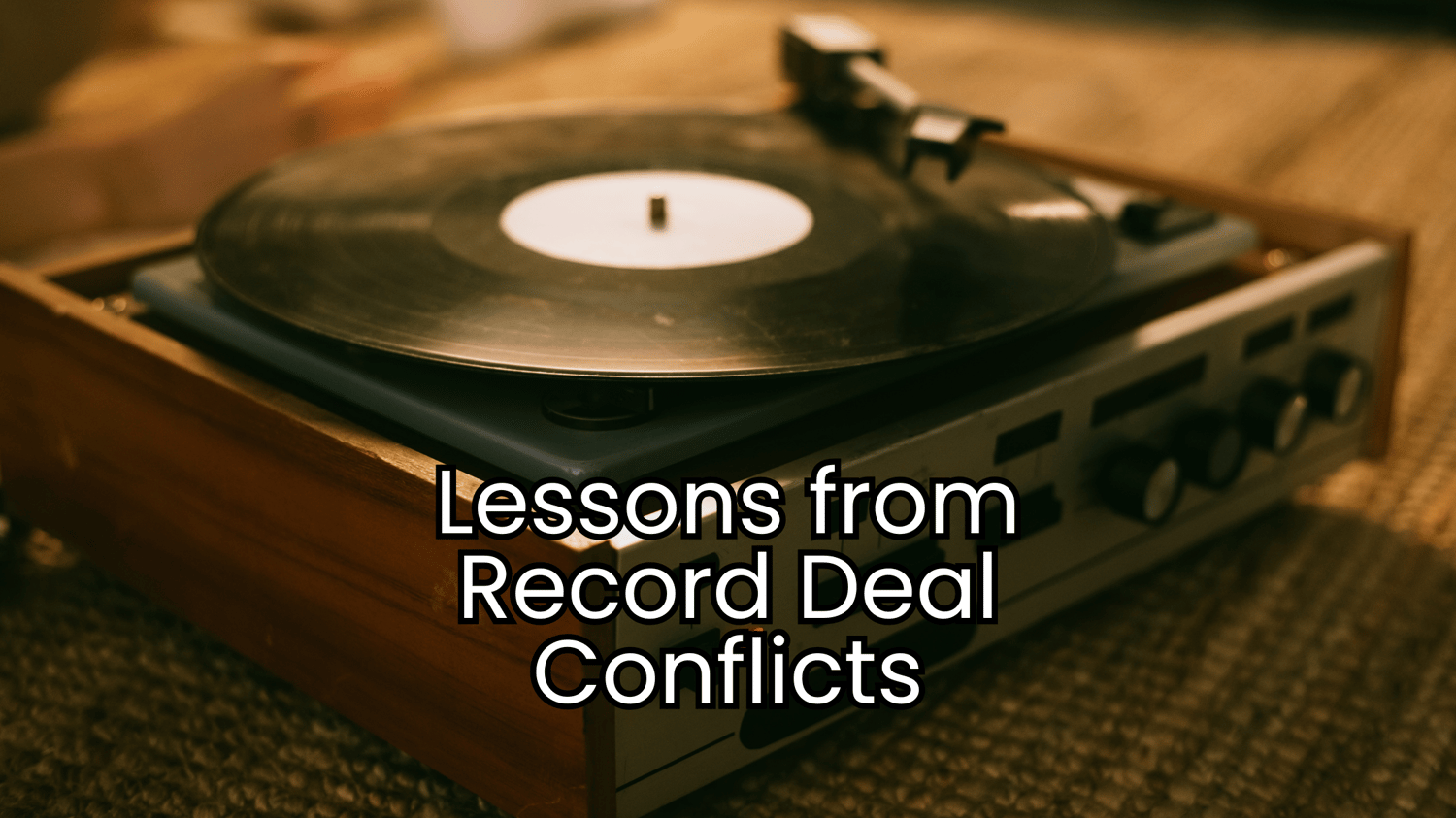When a record label and artist conflict goes viral on social media, you could be swayed to take sides with who you like the most. As an artist, you could relate to Mercy Chinwo and Judikay's Predicament. But if you are a music executive, you could support Eezee Tee.
I have watched the matters arising from Mercy Chinwo, Judikay, and Eezee Tee's record deal case in court with keen interest because of my music career experience. There is a lot to learn, and no, I will not be taking sides. My main concern is what you can learn from this on your prosperity creation journey.
My first official single was released in 2007, my first album in 2014, first record deal in 2018, but I did not understand the music business until I went through the music business for Africa by Godwin Tom in 2021.
I pray for a meaningful resolution for all parties, and sympathize with the artists and the record label for the public scrutiny they are receiving at this time.
Thankfully, you have a golden opportunity to learn the following lessons:
- Music is a business
- Accountability is for your own good
- Royalties are like real Estate
Music is a business
Music is a huge industry but you may not know this. You are more likely to start doing music because you are passionate about it. So, what is the business side of music? It is a give-and-take system where an entire system of professionals such as lawyers, fashion designers, accountants, engineers, promoters, and publicists, play a role that creates prosperity for everyone involved.
I intentionally chose not to mention singers, artists, instrumentalists, songwriters, and producers because these are the obvious ones. So, now that you know this much, you can understand why contracts are part of any music business deal. It is a give and take, a trade, an exchange that should grant a win-win for all parties.
Accountability is for your good.
When you go into business with anyone, in this case, the music business, do not joke with the terms of the contract. From what Mercy Chinwo and Eezee Tee posted. Mercy did not keep a copy of the first contract, but a third party did. She does not have the original copy. There is a lesson here. Read and safeguard your contract. Keep the original copy and give the copy to a trusted third or even fourth party. Thank God Mercy had a copy to reference when the contract was changed according to her.
Royalties are like real Estate.
If you are interested in creating the kind of prosperity that will outlive you, take your music business seriously and begin to earn royalties from your copyright.
Copyright usually lasts for the lifetime of the creator plus 70 years
and your heir can decide to restart the process by recreating these songs generations later.
Isn't it ironic that most of the musicians at the forefront front of the music business are not aware of the music business? The singers, artists, instrumentalists, songwriters, producers, etc realize this when it is too.
So what is the solution?
Go and study the music business, and know what royalties mean before signing any deal. You can hire a lawyer to help you but do not be ignorant.
If you decide to be independent, you have more opportunities now than ever before. Register in a performance-right organization,
To secure your royalties as an independent singer-songwriter, here are key steps to put in place:
1. Use a trusted distributor to put your songs in stores, and collect your earnings from streams and Content ID.
There are free and paid options. I recommend Distrokid because I use it, Yivera is also a good one that I am considering. Research and choose one.
2. Join a Performing Rights Organization (PRO)
Sign up with a PRO like ASCAP, BMI, or PRS to collect royalties from public performances, radio plays, and live performances.
BMI (Broadcast Music, Inc.) is accessible to songwriters and publishers from around the globe. It allows international songwriters and composers to register and collect royalties for music played in the U.S. and its territories.
3. Use a Publishing Administrator like Songtrust for Publishing
Sign up with a publishing administrator like Songtrust to simplify royalty collection and ensure you receive both performance and mechanical royalties worldwide.
Songtrust helps independent songwriters and publishers collect royalties from over 245 countries and territories. It acts as a bridge between you and multiple collection agencies, including PROs like BMI and ASCAP, as well as mechanical licensing organizations such as The MLC and HFA.
By registering your songs with Songtrust, you gain access to a global royalty collection without needing separate agreements with each collection society. This makes it an ideal solution for songwriters looking to maximize their revenue streams.
Depending on your country of residence, there are other options, such as sound exchange, for collecting digital performance royalties for non-interactive streaming services (like Pandora and satellite radio).
If you are currently unsigned and have an interest in the music business, please start creating originals or collaborative work. You can create a legacy with your catalog.


Comments ()